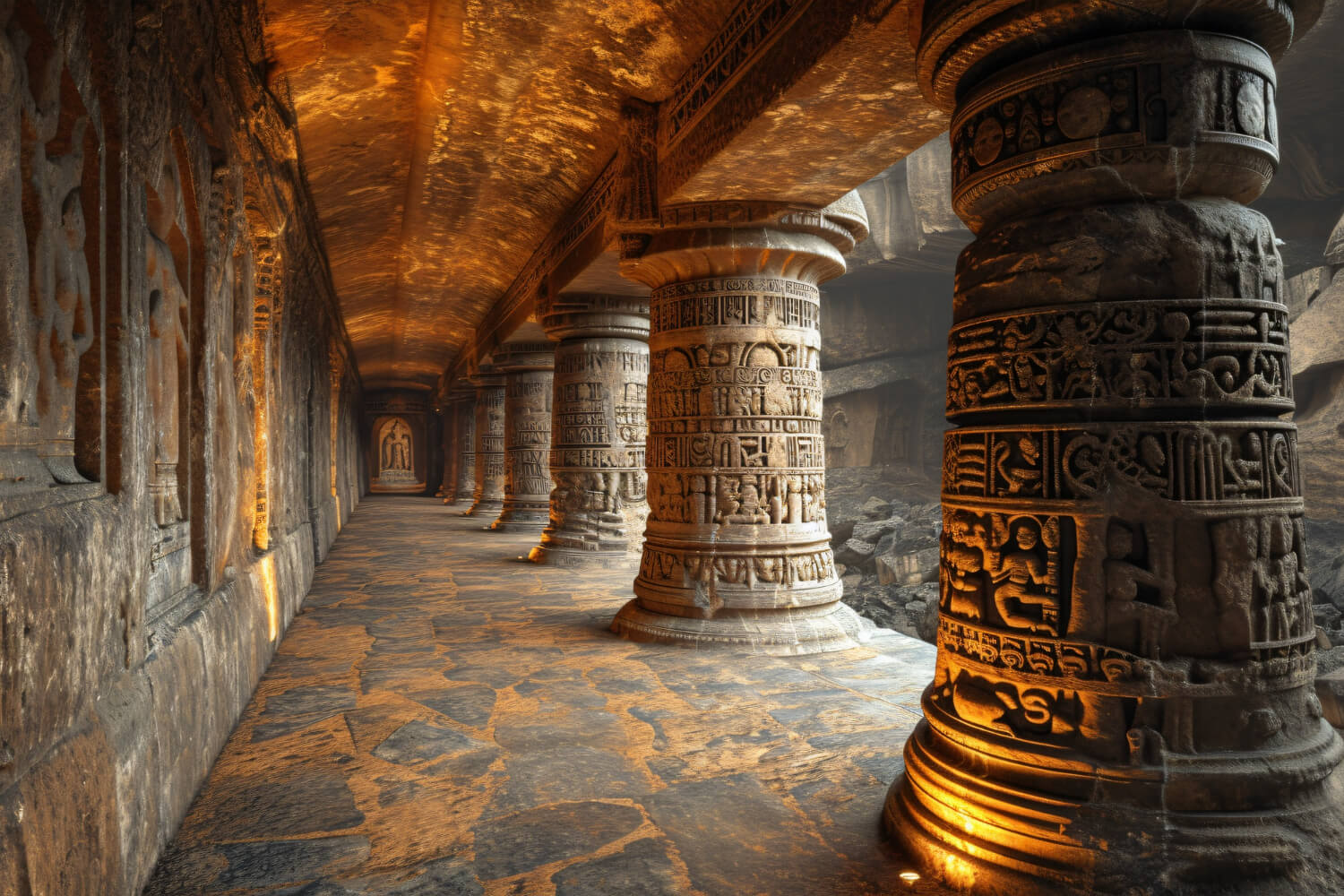The Timeless Influence of Roman History: A Journey Through the Ages

The Timeless Influence of Roman History: A Journey Through the Ages
If you’ve ever found yourself captivated by the stories of ancient Rome—its grand empire, powerful leaders, and remarkable achievements—you’re not alone. Roman history is rich with drama, triumphs, and lessons that still resonate today. The story of Rome is not just one of military conquests and monumental buildings, but a journey of transformation that influenced the world for centuries to come.
The Beginnings of Rome: From Myth to Reality
The tale of Rome’s founding is shrouded in myth, famously beginning with the story of Romulus and Remus, twin brothers raised by a she-wolf and destined to become the founders of Rome. While the myth is fascinating, the historical reality is no less impressive. Rome started as a small settlement along the Tiber River in 753 BC. Over the next few centuries, it would rise from humble beginnings to become one of the greatest empires in history.
Rome’s early years were marked by its transition from a monarchy to a republic. This shift, occurring around 509 BC, marked a crucial turning point in Roman history. The Roman Republic was built on a system of checks and balances, with elected officials like consuls and senators running the government. It was a system that, while imperfect, laid the groundwork for many modern democratic principles.
The Roman Republic: The Rise of Power and Influence
As the Republic grew, so too did its power. The Romans were exceptional military strategists, and their armies expanded Roman influence far beyond Italy. Conquered territories were often absorbed into Roman culture, which included the Roman legal system, language, and infrastructure. The famous Roman roads, some of which still exist today, were one of the many ways the Romans maintained control over their vast empire.
But with power came conflict. By the 1st century BC, Rome was embroiled in civil wars, as ambitious leaders like Julius Caesar, Pompey, and Crassus vied for control. In 49 BC, Julius Caesar famously crossed the Rubicon River, signaling the start of a civil war that would ultimately result in Caesar becoming dictator for life. His assassination in 44 BC by a group of senators led to even more unrest, but it also paved the way for Rome’s transition from a republic to an empire.
The Roman Empire: Peak of Power and Glory
The Roman Empire, which officially began in 27 BC with Augustus (Rome’s first emperor), is often considered the golden age of Roman civilization. Augustus, after defeating his rivals in the final civil war, solidified his power and ushered in an era of relative peace known as the Pax Romana. This period, which lasted for over 200 years, saw the Roman Empire reach its greatest territorial extent, stretching from the British Isles to the Middle East.
Under Roman rule, the empire flourished in many ways. Rome became a hub of culture, engineering, and art. The construction of iconic structures like the Colosseum, the Pantheon, and aqueducts showcased the Romans’ unparalleled skills in engineering and architecture. Roman law, which emphasized fairness and justice, still influences legal systems today.
The Fall of the Roman Empire: Lessons for the Modern World
Despite its grandeur, the Roman Empire eventually fell. By the 5th century AD, a combination of internal strife, economic troubles, and invasions from barbarian tribes contributed to the collapse of the Western Roman Empire. In 476 AD, the last Roman emperor in the West, Romulus Augustulus, was deposed, marking the traditional end of ancient Rome.
However, the Eastern Roman Empire, known as the Byzantine Empire, continued for nearly another thousand years, preserving Roman traditions and knowledge. The fall of Rome in the West was not the end of Roman influence—far from it. Roman law, governance, and culture endured in various forms, laying the foundation for modern European nations and civilizations.
Why Roman History Still Matters Today
So, why does the history of Rome still matter to us today? Beyond its breathtaking achievements, the story of Rome offers timeless lessons. The rise and fall of the Roman Republic and Empire demonstrate the complexities of power, the dangers of unchecked ambition, and the importance of stability in government. Roman innovations in law, engineering, and governance continue to shape our world, from the legal systems we rely on to the very cities we live in.
For anyone with a passion for history, the Roman Empire offers a wealth of stories—both inspiring and cautionary—that remind us of the power of human achievement and the fragility of great civilizations. In many ways, the legacy of Rome is still with us, quietly shaping the world in ways we might not even realize. So next time you walk through a grand building, visit an ancient monument, or read about a political conflict, remember that Rome’s story is far from over. It’s a story that’s still being told, every day.


